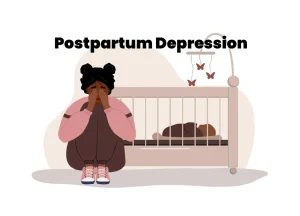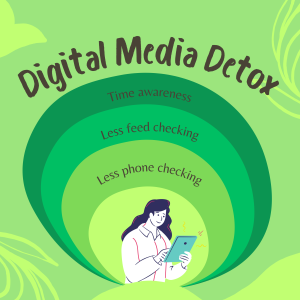[vc_row kd_background_image_position=”vc_row-bg-position-top”][vc_column][vc_column_text]Perinatal is the period of time when you become pregnant and up to a year after giving birth. Perinatal Women are those who are in the perinatal period, such as pregnant women and nursing mothers.
The perinatal period is a phase where women experience major changes to their physical and emotional health. These changes are simultaneously accompanied by stresses which can be overwhelming for both the woman and the pregnancy/baby.
Stress which is not properly managed can lead to physical issues like high blood pressure, high blood pressure, preeclampsia, miscarriage, preterm delivery or low-birth weight baby. Additionally, a woman’s mental and emotional health can be also affected. Without adequate support, a mild emotional distress may become intensified, leading to a case of Perinatal Mood and Anxiety Disorder.
A Perinatal Mood and Anxiety Disorder (PMAD) describes distressing feelings that occur during and throughout the first year after pregnancy. Studies show that 1 in 7 women experience PMAD, and it affects their daily functioning.
[/vc_column_text][/vc_column][/vc_row][vc_row kd_background_image_position=”vc_row-bg-position-top”][vc_column][vc_single_image image=”9968″ img_size=”full” style=”vc_box_rounded”][vc_empty_space height=”20px”][vc_empty_space height=”20px”][/vc_column][/vc_row][vc_row kd_background_image_position=”vc_row-bg-position-top”][vc_column][vc_column_text]
Symptoms of PMAD
The symptoms of PMAD include:
- Persistent sadness or low mood
- Irritability
- Difficulties bonding with the pregnancy/baby
- Changes in appetite
- Changes in sleeping habits
- Social Isolation (withdrawing from friends and family)
- Loss of interest in pleasurable activities
- Feelings of hopelessness or helplessness
- Feelings of guilt, shame or blame
- Excess worry or nervousness about pregnancy or baby
- Persistent crying
- Feelings of doubt about being a good mother
- Thoughts of suicide or self-harm
Who Is at Risk of Experiencing PMAD?
Every perinatal woman is at risk of experiencing PMAD, however, some have higher risks than others. Events and situations can cause higher levels of stress for perinatal women. These include:
- Unemployment
- Poverty
- Financial difficulties
- History of grief or trauma
- Substance or alcohol abuse
- Family violence
- Relationship/Marriage dissonance
- History of illness
- Previous miscarriage or infant loss
[/vc_column_text][vc_empty_space height=”20px”][vc_column_text]
If you find yourself struggling to cope with stress during the perinatal phase, talk to your doctor.
Your primary doctor can give your advice or refer you for professional help and support.
You can also contact us on 090-9000-6463 to speak with a counsellor.[/vc_column_text][/vc_column][/vc_row]






